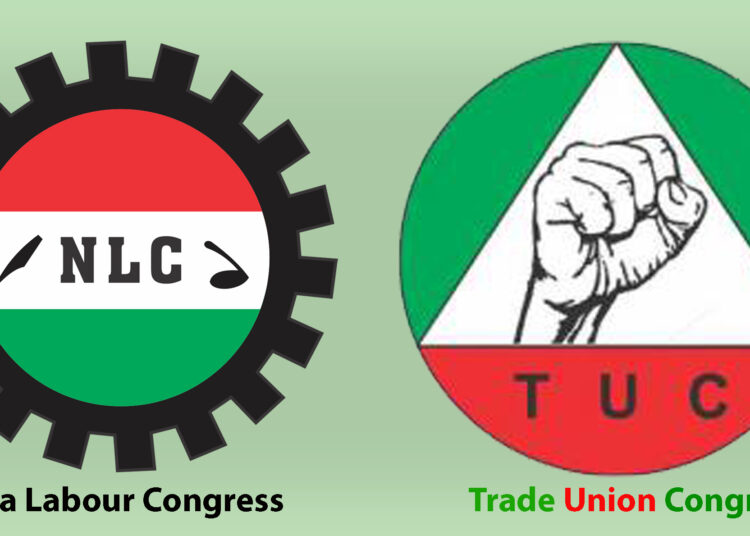On Monday, the entire nation ground to a halt due to the crippling strike action orchestrated by the Organized Labour unions.
This nationwide industrial protest was sparked by the contentious issues surrounding the proposed new minimum wage and the increase in electricity tariffs.
This particular strike garnered widespread support from the vast majority of Nigerians, and the reasons are not far fetched.
Permit me to reiterate a point that has become a recurring theme: the removal of fuel subsidies and the subsequent devaluation of the naira precipitated an astronomical surge in the prices of goods and services across the board.
The cost of pharmaceutical products skyrocketed beyond the reach of the average citizen. Prices of essential commodities inflated by nearly five-fold, leaving the impoverished masses gasping for air in an increasingly unaffordable Nigeria. Nigerians could no longer breathe.
And yet, amidst this economic turmoil, the political elite continued to bask in opulence, carrying on with their lavish lifestyles as if it were business as usual. The burden of sacrifice fell squarely on the shoulders of the masses, while the political class remained largely insulated from the harsh realities that plagued the ordinary Nigerian.
Consequently, a nationwide consensus emerged, acknowledging the pressing need for a substantial increase in the minimum wage. However, the Organized Labour’s demand for a minimum wage of 494,000 naira appears to be an unrealistic proposition. We must not lose sight of the fact that this mandate would extend not only to the federal government but also to the states and the organized private sector.
While the federal government may possess the fiscal capacity to implement a minimum wage of even 200,000 naira for its 1.2 million workers nationwide, the same cannot be said for the states.
Many states are already grappling with the challenge of paying the current minimum wage of 30,000 naira, let alone contemplating an increase to 60,000 naira.
In fact, some local governments are reported to be paying their workers a mere 5,000 naira monthly. The stark reality is that the vast majority of states in Nigeria cannot afford to pay more than 60,000 naira as the minimum wage.
The private sector, too, finds itself in a precarious position during these trying economic times. Businesses are already burdened by soaring operational costs, escalating electricity tariffs, and a plethora of over 20 taxes to contend with. Profit margins are razor-thin, as evidenced by the alarming number of foreign companies that have shuttered their operations in Nigeria over the past year.
Imposing a minimum wage of over 400,000 naira on this beleaguered sector could prove to be the final nail in the coffin for countless businesses across the nation.
Returning to the topic of the strike, while the majority of Nigerians sympathized with the underlying cause, the decision by the Organized Labour to shut down the national power grid was widely condemned. Many Nigerians believe that such an act should be regarded as treasonous, and I find myself aligning with this perspective.
During industrial actions, there must be certain inviolable lines that should not be crossed. Even in the midst of war, there are established rules and protocols that govern conduct. Violations of these codes can result in individuals being tried for war crimes.
Similarly, there are rules of engagement that should govern strikes and protest actions. The deliberate shutdown of the national power grid should never be condoned again. Likewise, the disruption of essential services, such as preventing hospital operations or impeding students from taking their WAEC examinations, should never be tolerated.
Furthermore, I firmly believe that the minimum wage should not be set at less than 100,000 naira. However, it is crucial to recognize that the minimum wage alone will not solve the underlying issues plaguing the nation’s economy.
The government must take proactive measures to subsidize the transport sector and agriculture within the country. By addressing the pervasive insecurity that has prevented farmers from accessing their fields, and by subsidizing the transport system to facilitate the efficient and cost-effective movement of goods, we can take significant strides towards reducing the cost of food for the populace.
An efficient transport system would also alleviate the financial burden borne by citizens for commuting and transportation.
Moreover, improving the nation’s power infrastructure would enable businesses to operate more profitably. Reducing the burden of multiple taxation would further enhance profitability and stimulate economic growth.
Ultimately, stabilizing the economy and fostering a conducive environment for businesses should be the paramount priority.





